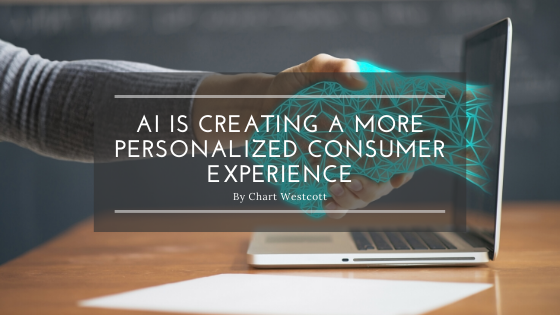AI’s highly touted benefits include the ability to perform mundane tasks allowing human staff to pursue leads, negotiate deals, and collaborate with other staff – ultimately leading to a more efficient work ethic. AI performs data analysis with a degree of objectivity that humans can sometimes lack as well. In other words, organizations can find success by leaving emotional tasks to humans and logical tasks to AI. However, new developments in the field of affective computing change that formula and creates a more personalized consumer experience.
What is Affective Computing?
Detecting patterns and identifying the significance in pattern shifts is a central element of AI computing. Typically, this involves patterns of numbers or frequency of human questions in order to create predictive analytic models or power chatbots. Affective computing takes on a similar strategy but instead of numbers and quantitative data, a computer parses vocal tones, emoticon use, vocabulary use and other factors that can indicate a mood or emotion.
Implications on Sales and Marketing
AI is Creating a More Personalized Consumer ExperienceAI is Creating a More Personalized Consumer ExperienceChatbots were heralded as a technology capable of increasing consumer satisfaction and decreasing the number of staff necessary to meet recurring customer service roles ad tasks. Now, companies like Google, Apple, and others are developing affective computing tech that can provide a greater degree of human-like relationship building between AI and consumers.
Affective AI can determine a user’s mood and make recommendations for services or products. In addition, AI can develop neural-like networks capable of picking up nuanced behavior changes. This data is collected through facial recognition technology and audio technology.
Using recordings of facial expressions and voice intonations, a personal assistant tool can better gauge its owner’s needs. This makes recommendations even more accurate and relevant for the occasion and the consumer. Researchers also believe that an increase in affective computing creates a stronger relationship between AI-powered assistants and human users, in some ways paralleling a social relationship or friendship.
While the technology is seen as a means to increase the accuracy and granularity of the consumer experience, it has the potential to improve other services such as health care and first responder tasks. Whichever way business organizations choose to use affective-oriented technology, it is important to keep in mind that AI should supplement existing organization goals and missions, not replace it. Your customers still desire continuity of service and quality products.



